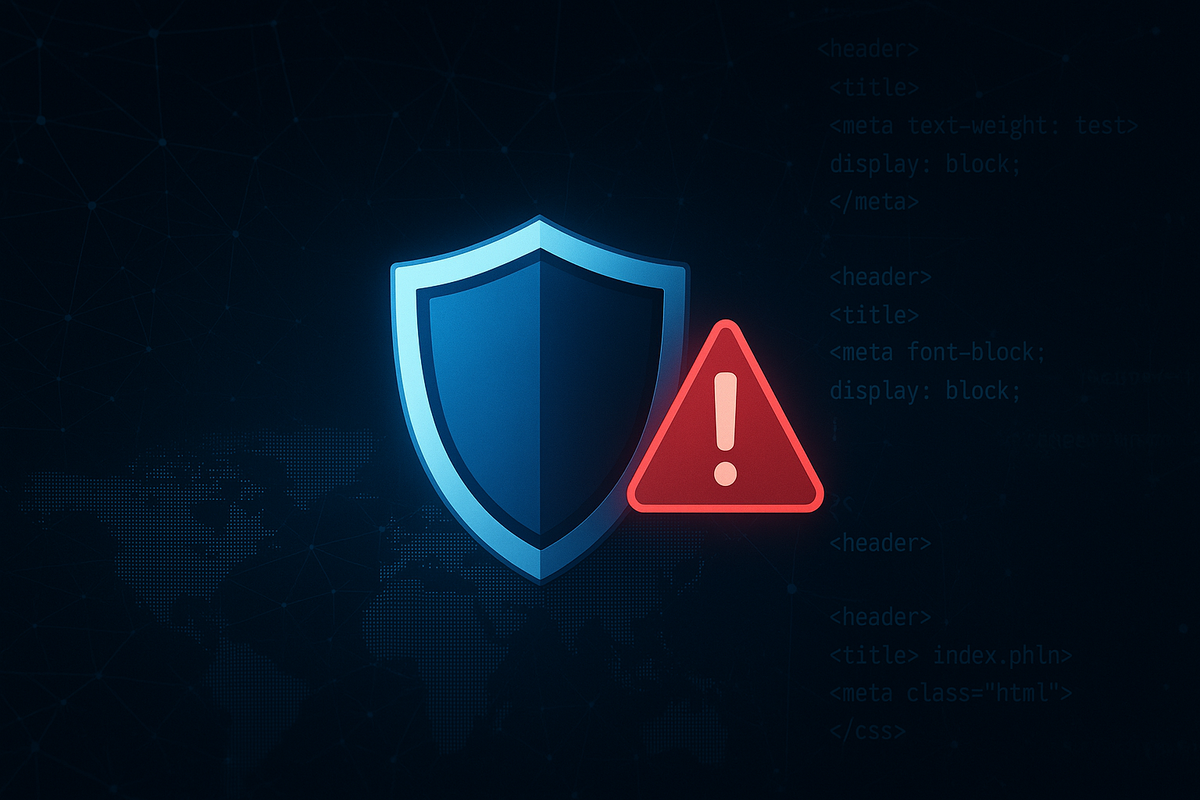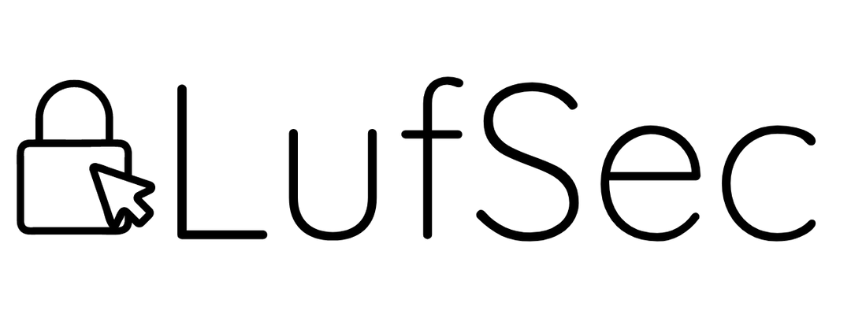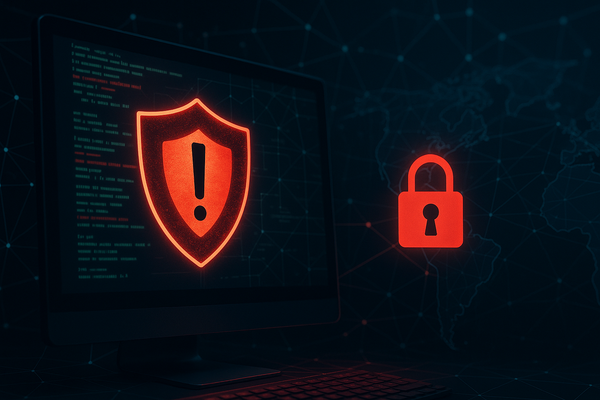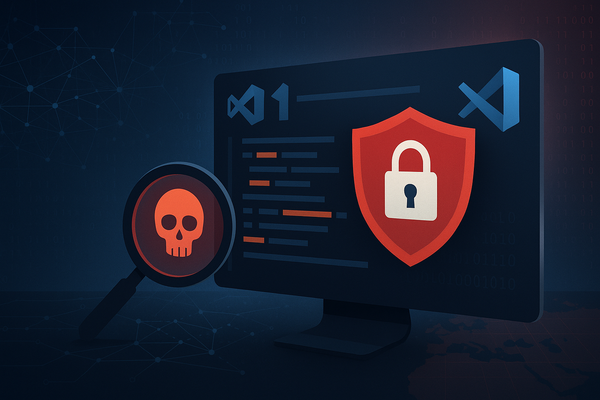Google Patches Actively Exploited Chrome Sandbox Escape Vulnerability CVE-2025-6558

Thursday, October 23, 2025
Top 5 Cybersecurity Stories You Should Know
-
Google Patches Actively Exploited Chrome Sandbox Escape Vulnerability CVE-2025-6558 — tl;dr: Google has released a critical security update for Chrome addressing multiple vulnerabilities, including CVE-2025-6558, a high-severity sandbox escape flaw actively exploited by attackers. Discovered by Google's Threat Analysis Group, this vulnerability allows remote attackers to execute arbitrary code via specially crafted HTML pages. Users are urged to update to Chrome version 138.0.7204.157/.158 immediately to mitigate risks. This marks the fifth actively exploited flaw fixed in Chrome this year, highlighting ongoing security challenges in web browsers.
↪ https://www.bleepingcomputer.com/news/security/google-fixes-actively-exploited-sandbox-escape-zero-day-in-chrome/ -
AI Prompt Prevents Developer from Job Interview Scam and Malware Attack — tl;dr: A developer, David Dodda, narrowly avoided a job interview scam linked to North Korean cyber operatives by using a simple AI prompt to analyze suspicious code before execution. The scam involved a fake recruiter from a legitimate blockchain company, tricking Dodda into downloading malware disguised as a coding test. This incident highlights the growing threat of such scams targeting software developers, who often hold sensitive information. To protect against similar attacks, developers should utilize AI tools for code analysis and remain vigilant about verifying the legitimacy of job offers and associated tasks.
↪ https://www.theregister.com/2025/10/20/ai_prompt_saved_developer/ -
AI-Driven Ransomware Threatens Critical Industries in 2025 — tl;dr: By 2025, ransomware attacks have evolved significantly, leveraging artificial intelligence to automate and enhance their effectiveness. Reports indicate that AI facilitates advanced phishing, deep fakes, and automated password cracking, leading to a 60% increase in attack success rates. Critical sectors like healthcare, energy, and manufacturing are particularly vulnerable, with half of all incidents targeting these industries. Organizations must invest in AI-based detection, employee training, and proactive incident response strategies to combat this escalating threat and protect sensitive data from cybercriminals.
↪ https://www.dqindia.com/news/growing-threat-of-ransomware-ais-role-in-attacks-10585894 -
Cybercriminals Exploit Aid Agencies to Defraud Vulnerable Populations — tl;dr: Cybercriminals are increasingly impersonating aid agencies to target vulnerable populations, particularly older adults, with fraudulent financial offers. This coordinated international fraud operation utilizes social media platforms to lure victims into scams. Law enforcement and intelligence agencies are monitoring these activities closely. Individuals are advised to verify the authenticity of financial aid offers and report suspicious communications to authorities to avoid falling victim to these scams.
↪ https://www.nohackme.com/news-action-international.html -
Critical WSUS Remote Code Execution Vulnerability (CVE-2025-59287) Discovered — tl;dr: A severe remote code execution vulnerability (CVE-2025-59287) has been identified in Microsoft’s Windows Server Update Service (WSUS), with a CVSS score of 9.8. This flaw allows unauthenticated attackers to execute arbitrary code by deserializing malicious data. Affected versions include Windows Server 2012, 2016, 2019, 2022, and 2025. Microsoft has released a security patch to address this vulnerability, and users are urged to install the update promptly to mitigate risks. For further details and to download the patch, visit the Microsoft Security Response Center website.
↪ https://securityboulevard.com/2025/10/windows-server-update-service-wsus-remote-code-execution-vulnerability-cve-2025-59287-notice/
Featured LufSec Resource
Consulting (First Session Free) — Build your security & AI risk program right.
Explore →
Connect with LufSec
- YouTube: https://www.youtube.com/@lufsec
- Instagram: https://www.instagram.com/lufsec





